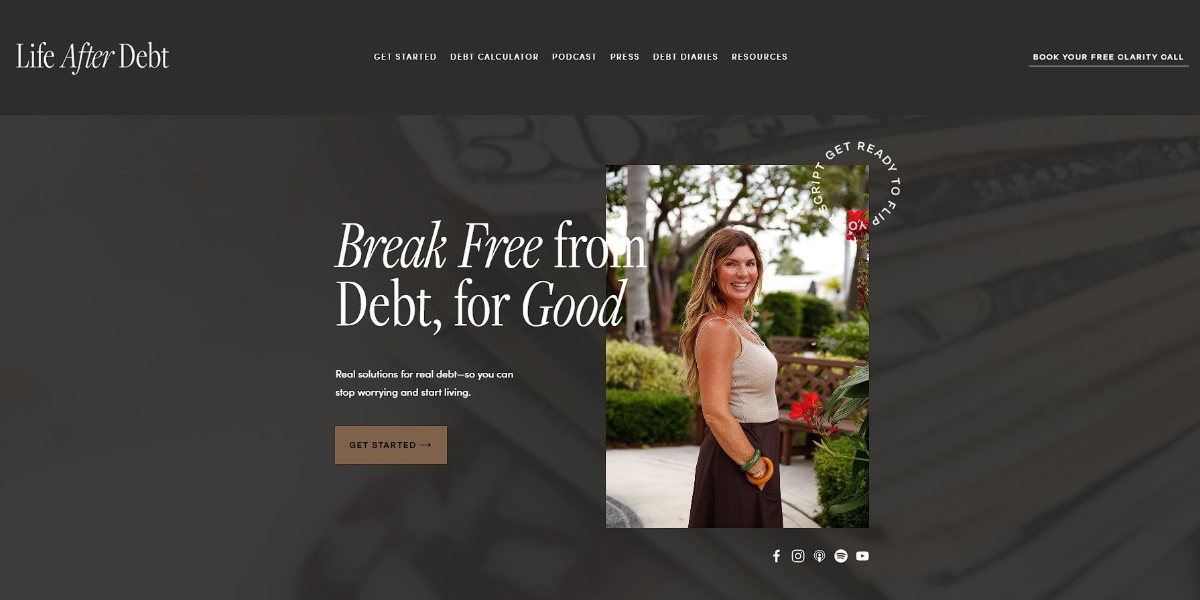How RECODemand Is Giving Real Estate Agents an Edge in a Competitive Market
The real estate market isn’t what it was five years ago. Or even two. Today, agents are working harder, spending more, and facing stiffer competition. Not just from other agents, but from rising ad costs, tightening inventory, and the fatigue that comes from chasing leads that don’t convert.
RECODemand has taken notice. And rather than pushing agents to do more of what’s burning them out, they’ve built something different, something smarter.
The Real Problem Isn’t Lead Volume, It’s Lead Quality
Talk to any agent grinding through a long workweek, and they’ll tell you they have leads. The question is: what kind of leads? How many are real buyers or sellers ready to act?
A surprising number of agents spend hours following up with people who clicked on an ad out of curiosity, not intent. It’s exhausting, and it chips away at what agents actually want to be doing: Building relationships and closing deals.
RECODemand doesn’t try to fix that by flooding agents with more names. Instead, they flip the model. Their approach centers on helping agents position themselves as experts through value-driven webinars. These are not flashy, over-produced sales pitches. They’re clear, useful presentations that help buyers and sellers feel informed, and ready to talk to someone who gets it.
One Funnel, Real Conversations
When Sherrod B., an agent from Idaho, decided to try RECODemand, he started with a $200 ad budget. The results were immediate. Nearly 100 people registered for his webinar. Almost half showed up. By the end, he had booked over a dozen one-on-one appointments, many of which came in days after the event, thanks to a follow-up campaign already built into the system.
Agents aren’t building campaigns from scratch or learning complicated ad software. They’re given the tools, coaching, and structure to launch something that works and keeps working.
Trust Beats Tactics
One of the biggest shifts in this business is how trust is built. It used to happen at open houses, or through referrals. But today, more often than not, it starts online.
The problem is, most digital marketing still feels impersonal. A Facebook ad with a few photos. A canned email. A landing page that looks like everyone else’s.
Webinars change that. When someone sits through a 30- to 45-minute session where an agent is explaining the process, answering questions, and sharing insights, a kind of bond forms. By the time that viewer fills out a contact form, they already know who they’re dealing with. And more importantly, they want to deal with them.
It’s Not About Being Everywhere, It’s About Being in the Right Place
There’s a lot of pressure in this industry to do more. Be on TikTok. Run more ads. Post every day. But more content doesn’t equal more conversions.
RECODemand shows agents how to step back and focus on something more sustainable. One high-quality webinar funnel, built to deliver consistent traffic, can outperform weeks of busywork.
It doesn’t make a lot of noise, and that’s exactly the point. While agents focus on their day-to-day, the system keeps working behind the scenes, drawing in people who already feel like they’ve had a proper introduction.
Not Just for Top Producers
The system isn’t just for agents closing 50 homes a year. In fact, many who start with RECODemand are solo agents or small teams looking to regain control of their pipeline. Most agents are done rolling the dice on questionable lead lists or costly ad experiments. What they’re really after is a system they own and actually understand, something that runs without guesswork.
What they get is structure. Coaching. Tools that make sense. And a way of doing business that doesn’t leave them drained by the end of the week.
Building a Reputation That Sticks
One of the most overlooked parts of marketing is what happens after someone sees your name. Most agents never get past that first impression. They look like everyone else. The message is too generic. The offer’s too vague.
But when someone attends your webinar, the dynamic changes. You’re no longer a stranger. You’re the expert they’ve already learned from. You’re the agent who helped make sense of something complicated.
In this market, that’s a serious advantage.
Final Thoughts
RECO Demand isn’t handing out quick tricks. It’s a more thoughtful approach, designed to help agents stand out for the right reasons and build something that lasts.
For those interested in how it all works, updates and insights are shared regularly on LinkedIn and Facebook.
In a space this crowded, blending in is the fastest way to be overlooked. What sets you apart now is how, and where, you show up.
Disclaimer: The information provided in this article is for general informational purposes only and does not constitute professional advice. Results may vary and are not guaranteed. Readers should seek appropriate advice before making business decisions.



